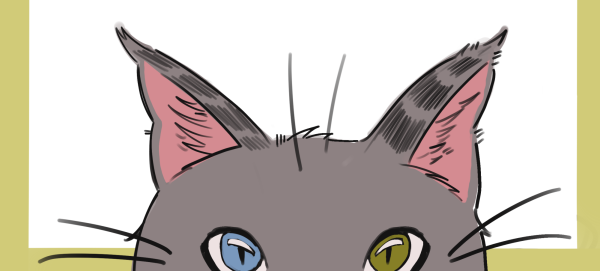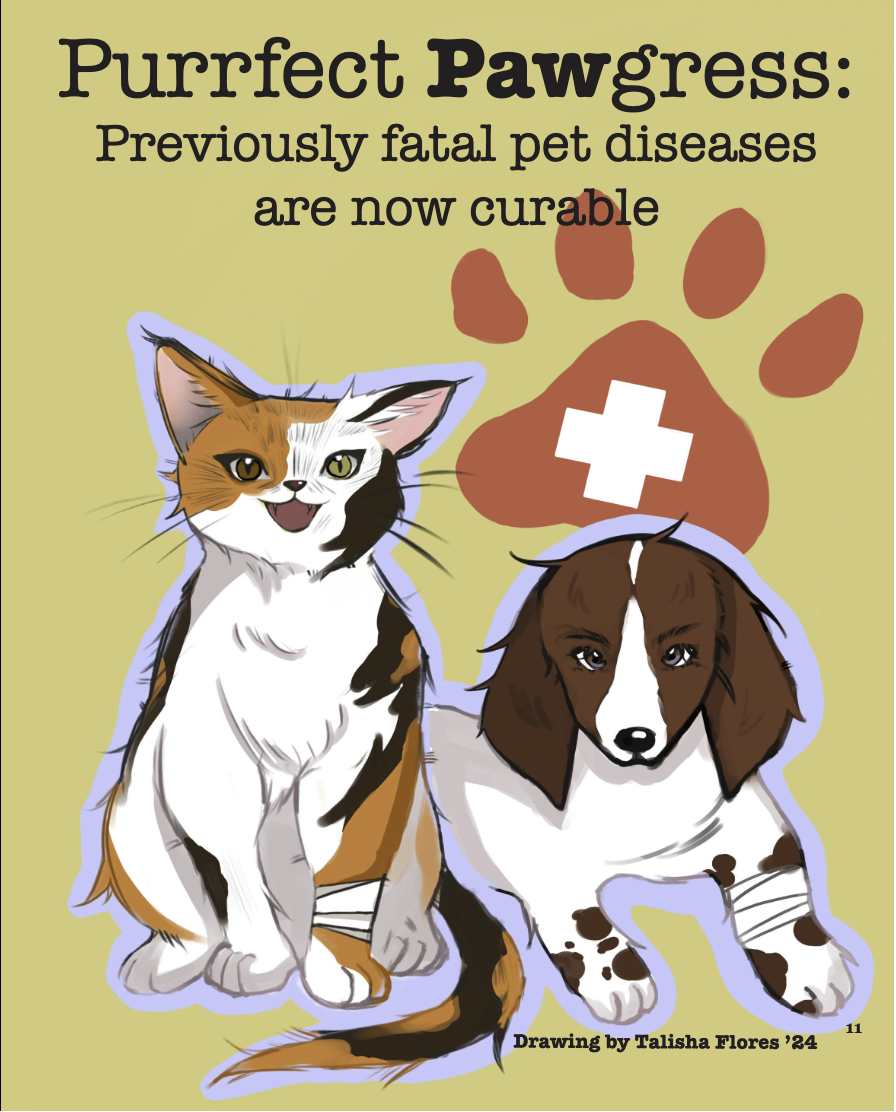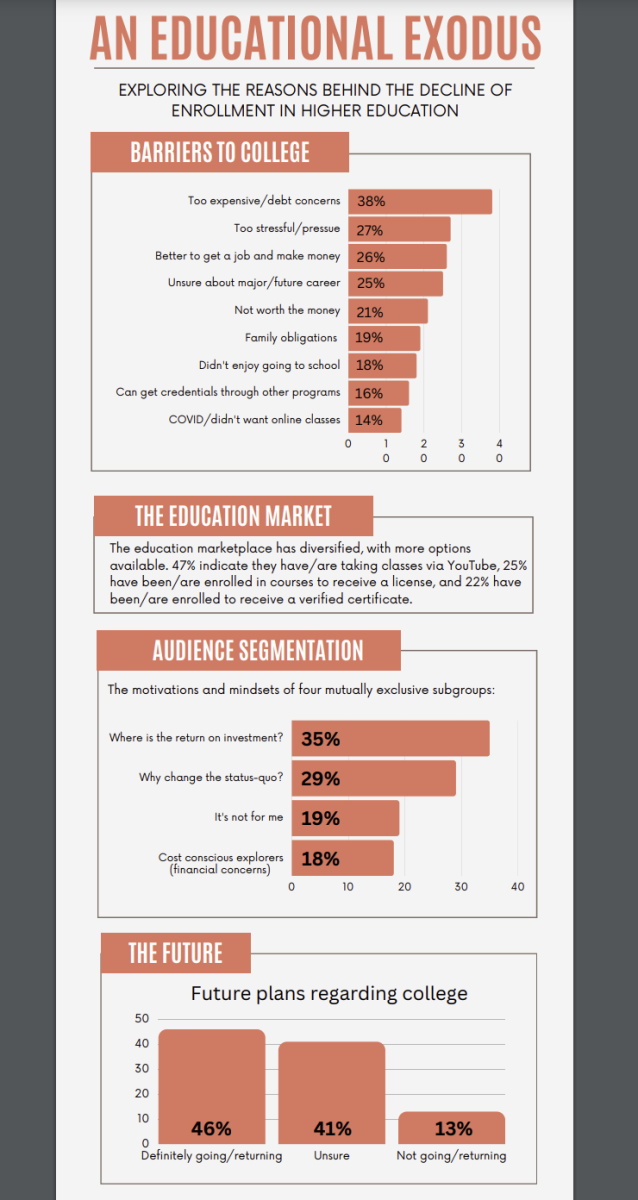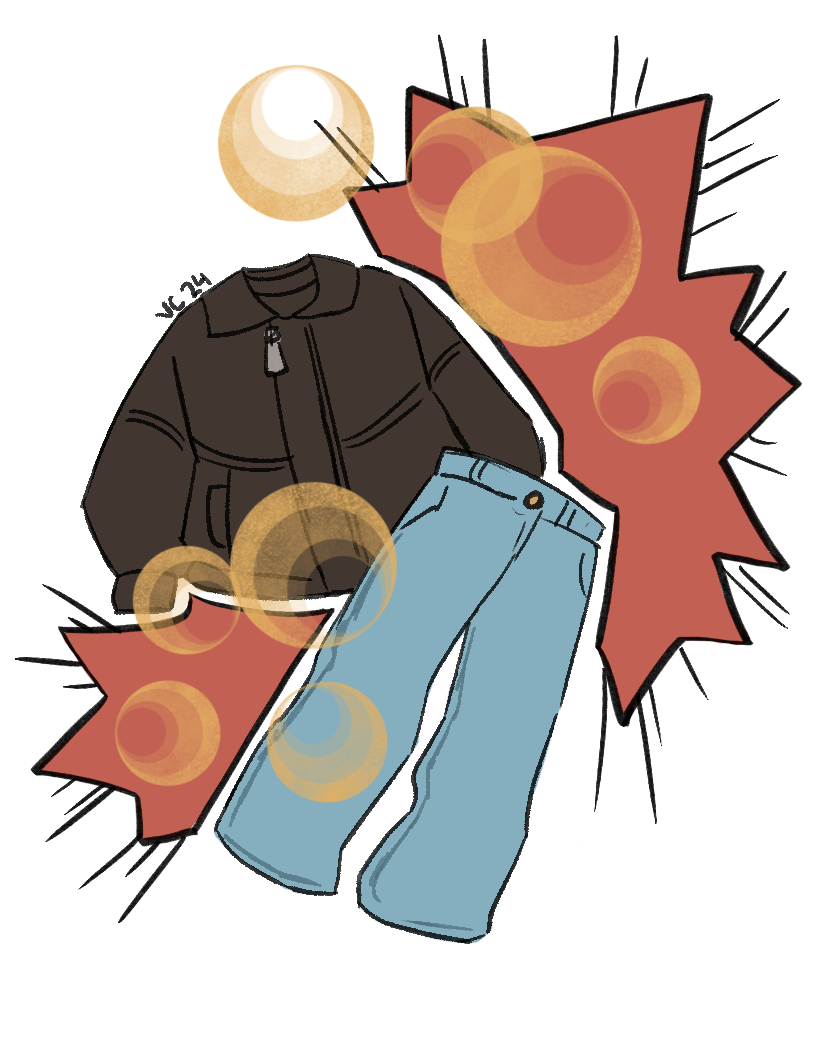Dogs and cats are often loved companions, showing loyalty and comfort to their owners. However, parvovirus and feline infectious peritonitis (FIP) can significantly affect this bond, causing stress to their owners. This disease threatens the well-being of their animals and also the connection the owners have with them.
Margaret Bass, ’24, said, “My life was stressful during this time. I would take days off school to process everything because we hadn’t had him for a week.”
The world of canine and feline health includes the fear of the deadly virus parvovirus in dogs and feline infectious peritonitis (FIP) in cats, two different yet dangerous and, until recently, fatal diseases.
Parvovirus is a highly contagious infection that affects dogs between six weeks and six months old, with some dogs at greater risk than others. This virus usually contracts younger dogs since they are unvaccinated. Dogs with a greater risk of receiving this include Rottweilers, Doberman pinschers, Bull terriers, German shepherds, and English springer spaniels. It attacks their white blood cells and gastrointestinal tract; also, in younger dogs, it can damage their heart muscles. Feline infectious peritonitis, also known as FIP, is the leading cause of death in cats. The remainder of another virus causes it, feline coronavirus, which affects the gastrointestinal tract and immune system. Cats usually don’t show signs immediately, and the symptoms take about a week to worsen.
Years ago, Tim Weiss’ kitten KK died from complications caused by FIP.
He said, “It was sad considering he was just a baby so we spent his last days making him comfortable and singing to him.”
He added, “I was in shock. This hit me hard because he was so young. It left
me wondering how can something like this disease be happening with no cure and to such a young life? It didn’t seem fair.”
Most dogs get infected with the park by directly contacting infected animals with the virus, contracting stool (feces), and contaminated areas. Cats who come in oral contact with infected feces become infected with FIP. The virus can stay in the area due to the heat, cold, and humidity; it can remain there for long periods. Both dogs and cats can be born with the virus due to one of the breeders not being vaccinated or contracting the virus.
House of Russi provincial, Van Whipple, said, “My grandparents used to breed dogs, and they lost an entire litter from parvo. We had to bleach and bleach down the entire house because they bred other dogs at the same time, and then all the dogs had to be disinfected and moved off the property. It was an utter nightmare.”
Once the animal has one of these diseases, the symptoms include decreased appetite, fever, vomiting, diarrhea, and dehydration.
Bass added, “When I first thought he had parvo, my dog wasn’t moving and wasn’t eating.”
Dogs with the parvo vaccine cannot get or pass the virus to other dogs. On the other hand, the FIP vaccine is not recommended for kittens because it is commonly given at 16 weeks, although some kittens get infected with FIP before. Most of these animals won’t survive without treatment, depending on their size, age, and how far the virus has spread.
Antibiotics and medications are given to prevent other infections and alleviate the nausea and pain. Avoiding the virus includes vaccinations, disinfecting the surface after another animal, and avoiding areas of high risk, such as the dog park, if the animal hasn’t had the vaccine.
Whipple, who has a service dog, Winston, said, “I did get Winston the parvo vaccine. I am a big believer that dogs should be given all vaccines. They can’t take care of themselves, so it’s our job to take care of them.”
Elanco Animal Health is the first parvovirus monoclonal antibody approved and able to treat canine parvovirus. Their clinical trials show that the intravenous dose targets and treats the deadly disease, starting at eight weeks or older.
Elanco Animal Health said, “We’re hearing words like “game changer” being used by our veterinary partners. Clinical efficacy studies demonstrate that Elanco’s Canine Parvovirus Monoclonal Antibody, the only USDA conditionally approved treatment for parvo, delivers targeted efficacy in stopping parvo by blocking its entry into host cells in a puppy’s body through a single, intravenous dose. In these clinical efficacy studies, zero parvo-infected dogs treated with Elanco’s Canine Parvovirus Monoclonal Antibody died, and the Canine Parvovirus Monoclonal treatment helped shorten the course of parvo, helping these puppies feel better faster.”
Recently, Professor Niels C. Pedersen at UC Davis created a protease inhibitor, GC-376, that saved particular cats living with FIP, then discovered a new treatment, GS-441524, that was more effective. This treatment first showed up on the black market, but is now more widely available. Even though it is expensive, cat owners dedicated to saving their cats are willing to spend the $1,000 – $3,000 cost.
A kitten, Grayson, was found abandoned at a Sacramento park with FIP and later was brought to an animal shelter in Old Sacramento. Grayson was part of the trial in January of 2023. After 16 weeks of getting treatment, he was free of FIP.















Brian • Jun 3, 2024 at 9:44 am
Great news indeed!!!